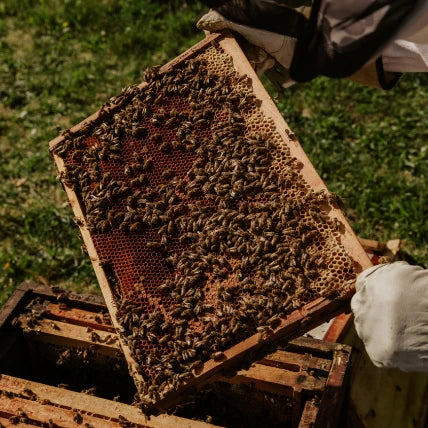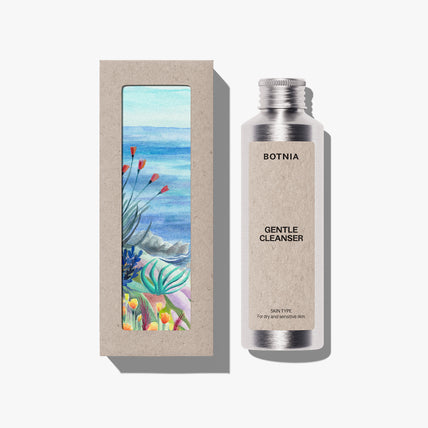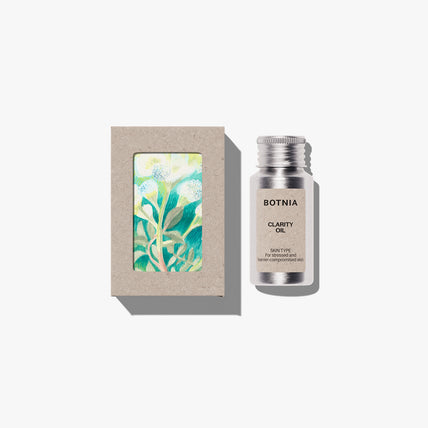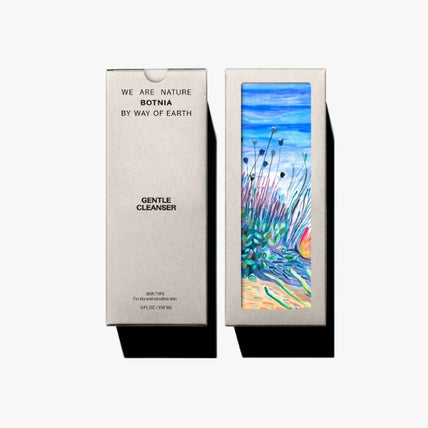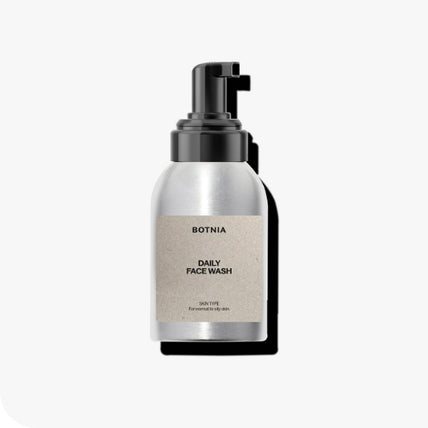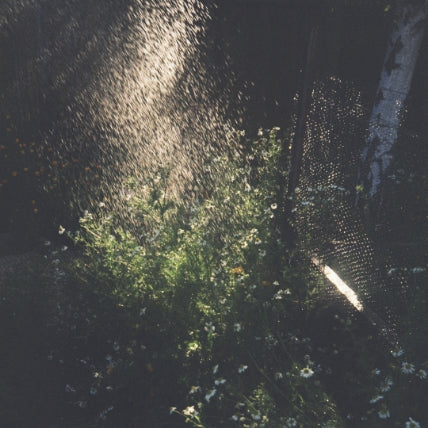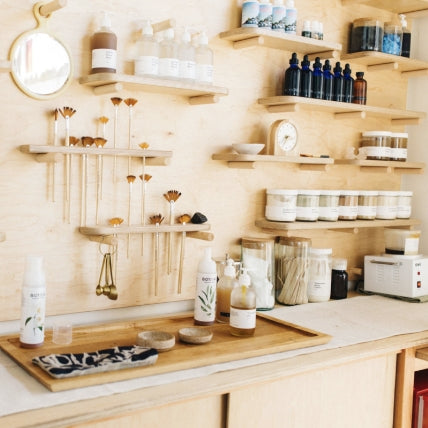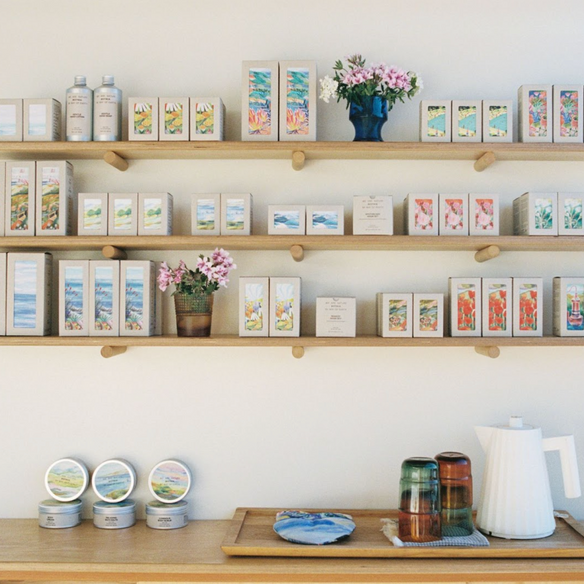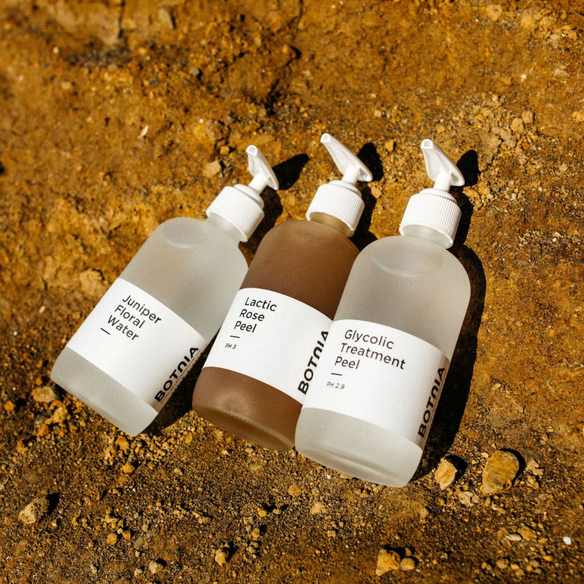
Botnia Skincare: Our Takeaways from the Benzene Recall
BIG NEWS from the skincare industry. This summer, an independent quality control lab, Valisure, found benzene in 78 batches of sunscreen from a variety of well-known brands. Prominent sunscreen companies have since recalled all the products listed in the report. All of the manufacturers involved are under public and governmental scrutiny for negligence. Our cosmetic chemist, Melanie, is here to share some thoughts about this harmful chemical and why it’s important to keep it out of skincare.
You can read the full report from Valisure here.
What is Benzene?
Benzene is an organic compound, made of carbon and hydrogen atoms. It looks like this:
Benzene is the parent molecule for a chemical group called aromatic compounds. Aromatic compounds originally got their name from the discovery of their structure being in most sweet-smelling compounds. They form the basis of a number of chemical compounds used in the perfume industry.
After more decades of research, aromatic compounds are classified as molecules that have rotating double bonds between 6 bonded carbon atoms: this is a very strong bonding mechanism, making aromatic compounds incredibly stable.
Benzene is naturally found in raw materials like coal and petroleum. Benzene is also a byproduct of various combustion processes. To break down benzene from other aromatic compounds, you need heavy metal catalysts and high-temperature heat sources: two reaction conditions that aren’t used in skincare manufacturing. This is why the Valisure report alludes to Benzene contamination rather than it being a byproduct from production or other ingredients in the formula.
How does benzene affect humans?
Unfortunately, we are exposed to some Benzene in our day-to-day lives: it exists in cigarette smoke, car exhausts, gas stations, and other industrial emissions.
This being said, Benzene in skincare products is dangerous because it’s more rapidly absorbed in its liquid form than in its gaseous, diluted form in our atmosphere. Long-term exposure to Benzene can prevent our cells from working properly. It has been linked to anemia and a variety of cancers.
Takeaways
In my opinion, there are two takeaways from a public health finding like this. One, the FDA needs to add more regulatory testing to eradicate products that could potentially expose the public to carcinogenic materials. Two, we the public should take note that mass manufacturing can lead to mistakes that can prove to be costly.
Small batch skincare can mitigate the risk of contamination, as the manufacturing requires more thoughtfulness on sourcing, production, and quality control. Plant-based skincare is much gentler and safer than products formulated alongside petroleum-based or synthetic products. The more production there is the more risk for contamination. We use raw ingredients straight from natural sources. 99% of our ingredients are certified organic, which means they aren’t adulterated in any way shape, or form. At Botnia, we test every single one of our batches for bacteria. Nothing gets to you if it doesn’t pass the test. (Track your batch here!) When you switch to small batch skincare, you know exactly who made your batch of products, how many bottles were made, and the date it was made. This way, you know all the things you need to know to ensure your skincare is safe.
Thank you for trusting us with your skin. We couldn’t feel more honored to make the skincare you use every single day.
Xo,
Melanie, Botnia Cosmetic Chemist
